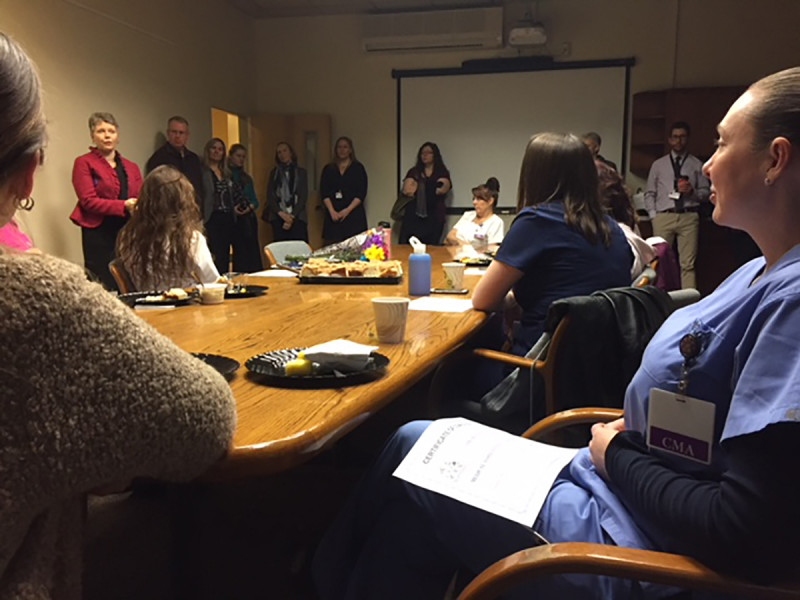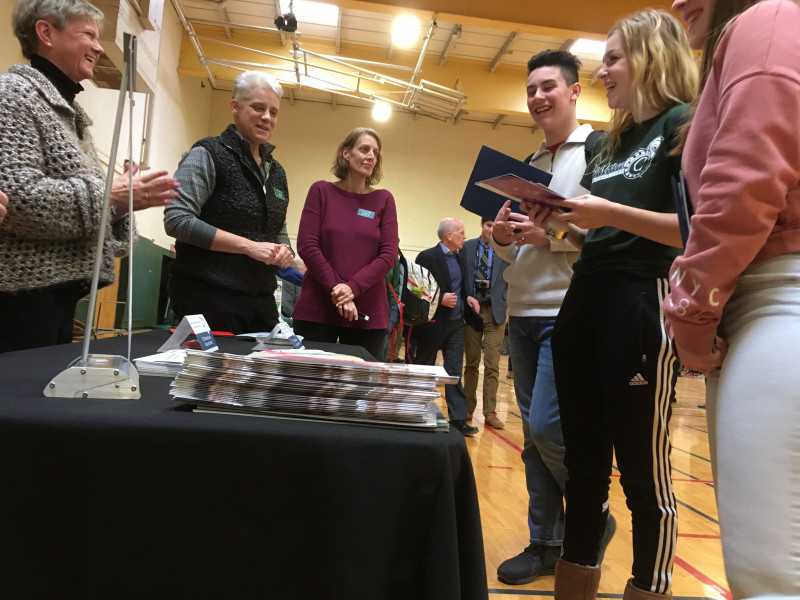
MONTPELIER, Vt. — 45 Vermonters who have taken employer-sponsored Assessment of Prior Learning (APL) classes, in partnership with the Community College of Vermont (CCV), have earned a combined total of more than 1,100 college credits. APL is part of CCV’s Prior Learning Assessment program, which provides college credit for knowledge gained in the workplace, in the military, or through volunteerism.
CCV’s director of prior learning assessment, Melissa DeBlois, says the program offers employees a path to reaching their full professional potential. “Whether they need a degree, certificate, or a certain number of credits to continue their professional development and growth within an organization, prior learning assessment can help.”
APL is a three-credit course in which students develop a portfolio that describes and documents prior learning in a variety of academic subject areas. Since 2014, CCV has delivered APL classes at the workplace to employees at Comcast, GlobalFoundries, Vermont Air and Army National Guard, and UVM Medical Center. On average, these classes have resulted in tuition savings for organizations of close to $50,000, and nearly $300,000 overall. For students, classes have resulted in an average tuition savings of more than $6,000, along with an average of 365 classroom hours saved.
Amy Holibaugh is a learning and development strategist at UVM Medical Center. “On average, our employees each earned 45 credits by completing just one course – Assessment of Prior Learning. I love that they were able to efficiently take a giant leap toward degree completion by focusing their time and energy with this one course,” she said. “For UVM Medical Center, it’s at the heart of providing our people with career development opportunities.”
According to a national study by the Council for Adult and Experiential Learning (CAEL), adult students who receive credits for prior learning are more likely to complete associate and bachelor’s degrees.
CCV and Vermont State Colleges System students who earn credits through portfolio classes, exams, or course challenges are two to three times more likely to complete a degree than their peer group taking traditional classroom courses for all requirements.


